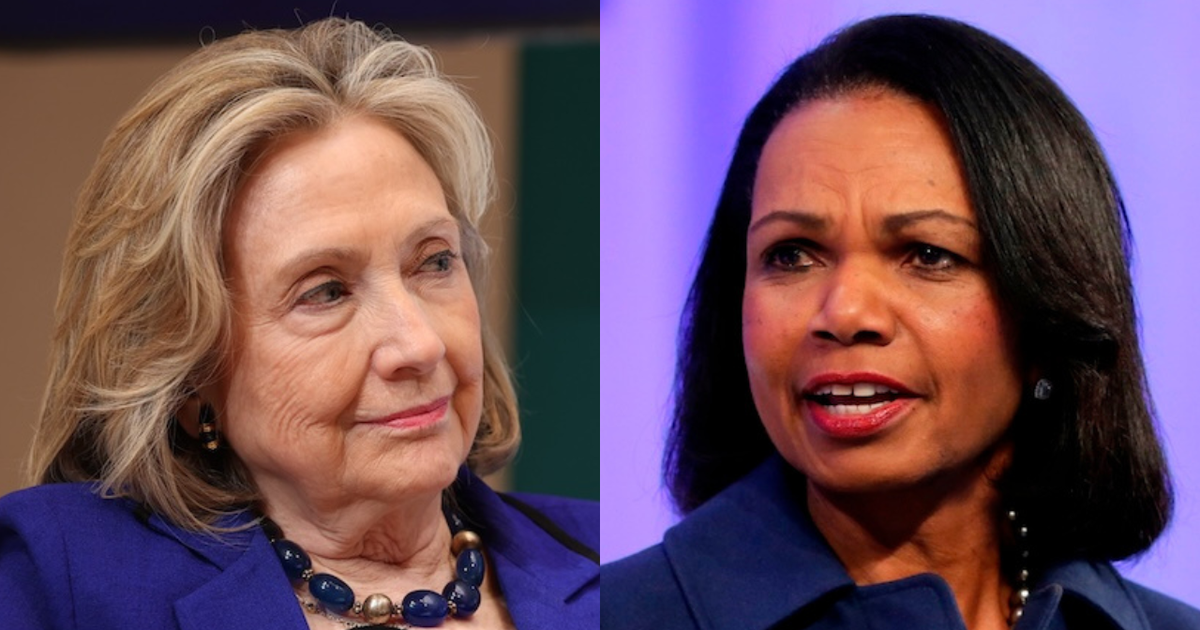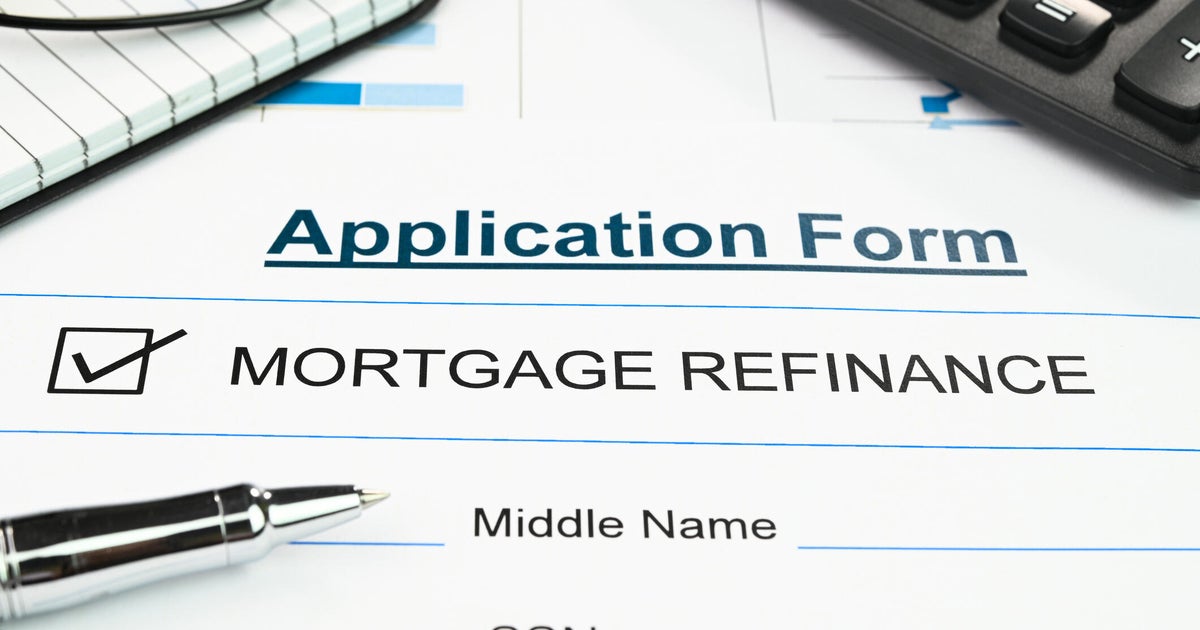Opinion
Updated September 16, 2025 — 6.24am
Updated September 16, 2025 — 6.24am
Real Money, a free weekly newsletter giving expert tips on how to save, invest and make the most of your money, is sent every Sunday. You’re reading an excerpt − sign up to get the whole newsletter in your inbox.
As workers, we give a lot of agency to our superannuation funds to invest our hard-earned for us, all for the sake of having a nice sized nest egg we can use to live happily out our old age. We generally don’t blink when they plough money into international shares, or bet on hot new start-ups, airports, supermarkets or affordable housing in London.
But there’s one investment many of us get, rightfully, a bit antsy about putting our super towards, and that’s cryptocurrency.

Crypto might not seem like a safe super investment, but it’s growing in popularity.Credit: Michael Howard
Bitcoin and its ilk are not the sort of assets you’d pick as “safe bets” for your retirement funds. They’re highly volatile, largely unregulated, lack almost any real-world use cases, and, for most people, are very difficult to understand.
Unfortunately, they’re also extremely profitable, with Bitcoin’s price nearly doubling in the past year to $171,000, the sort of growth many workers wouldn’t mind getting a slice of.
What’s the problem?
Indeed, funds are slowly starting to view crypto as a viable asset for investment, with AMP becoming the first major super fund to invest in Bitcoin late last year – though it seems currently it’s the only one willing to take the plunge.
But among those who manage their own super, crypto is slowly becoming a more popular option, with SMSFs owning about $1.8 billion in digital currency as of this year. While this is a tiny amount of the broader $1 trillion invested in SMSFs, it’s a slice that’s slowly been growing, and is only likely to get more popular if crypto continues to increase in value.
What you can do about it
Loading
So, does crypto have any place in our super? And if so, how can you invest in it?
- Should we be putting crypto in super? For all the reasons mentioned above (and a whole raft more, including how bad it is for the environment), workers are right to baulk at crypto investments. However, modern-day crypto isn’t as volatile as it was years ago, with broad adoption from institutional investors having brought it closer in line with other “traditional” investing assets. It’s also slowly becoming more regulated thanks to its ever-increasing popularity. This all being said, it’s still a far cry from any other asset you’d usually include in super, having no practical uses and the propensity to drastically plunge in value after one piece of bad news. RBA governor Michele Bullock has also said crypto has “no role” in the Australian economy or payments system. In the end, as is the way for many money decisions, it comes down to your level of risk tolerance. “In our view, investors should have the option to get exposure if they want it,” says Justin Lin, investment strategist at GlobalX. “Sure, crypto is volatile but over the long run, those who’ve stayed the course have probably been pretty happy with the results.”
- Who should invest? Currently (unless you’re an AMP customer), investing your retirement savings in crypto is only available for those with self-managed super funds. Of those, it’s generally younger investors who are buying into crypto for the long term according to Kate Cooper, chief executive of crypto exchange OKX Australia, which has just rolled out a new online platform for SMSF crypto investors. “Broadly, 95 per cent of our SMSF onboarding customers are sub-55, and the vast majority of them ... are there to hold crypto for the long term, as opposed to arbitraging the volatility of the market,” she says. Of those investors, crypto still makes up quite a small amount of their portfolio, coming in between one and five per cent. This shows that crypto is suited for investors who are willing to bet a small amount of their savings over a long term, and less so for those who might be closer to retirement or who are more conservative about their investments. “It is a volatile asset, so buyer beware,” Cooper says.
- How can you invest? Historically, investing in crypto has involved signing up to dodgy-looking online exchanges and puzzling over various wallets and private keys, but these days the process is a fair bit easier. There are many reputable crypto exchanges where you can buy Bitcoin and other digital assets, many now with their own systems to help SMSF trustees integrate it into their fund. However, Lin recommends most first-time crypto investors should opt for a crypto ETF instead, of which there are now multiple on the market. “You know exactly what you’re buying, and you don’t have to worry about your funds disappearing because of a hacked wallet or a lost password,” he says. “ETFs also make sense from a portfolio perspective: they’re easier to integrate into an SMSF or brokerage account, they simplify tax reporting, and they avoid the constant hassle of moving tokens around.”
- What else should you be aware of? If you choose to buy your crypto on an exchange, Lin says you should spend the time to get across your tax obligations, which he says can be a “massive headache” and has the potential to rack up quite a significant bill. Cooper also says SMSF trustees should be completely across all of their obligations for reporting their crypto investment, including that crypto needs to be “explicitly” mentioned in your trust document, and that you do not co-mingle any of your SMSF funds with any personal crypto trading you might be doing. Finally, Cooper recommends getting professional advice when possible. “Of the 40,000 new SMSF trustees that have opened in the last year, 80 per cent of them are not using advisors,” she says.
Advice given in this article is general in nature and is not intended to influence readers’ decisions about investing or financial products. They should always seek their own professional advice that takes into account their own personal circumstances before making any financial decisions.
Most Viewed in Money
Loading


















































